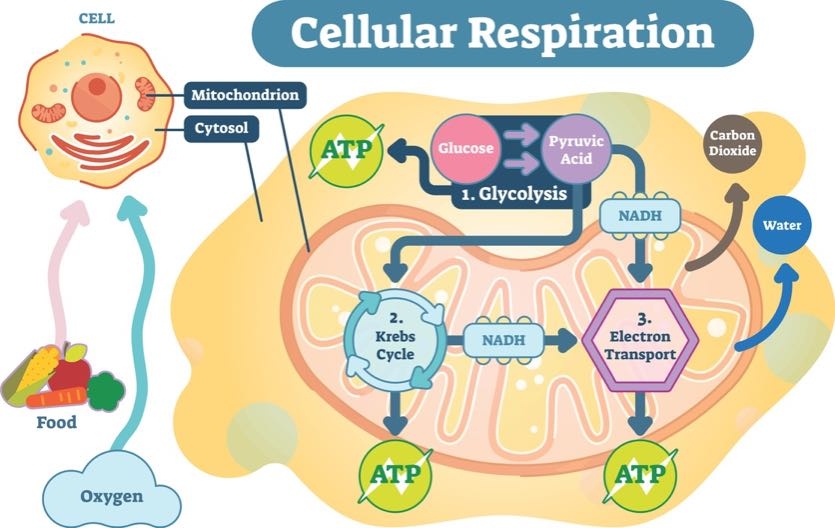12 Life and Health Tips from Japanese People for Longevity and Wellness
The Japanese are famous worldwide for their long life expectancy and overall good health. Many researchers and health enthusiasts believe that the secret lies not only in genetics but mostly in their daily lifestyle and habits. If you want to live a healthier and longer life, here are 12 practical life and health tips inspired by Japanese traditions that you can easily incorporate into your routine.
1. Eat a Balanced and Seasonal Diet
Japanese cuisine emphasizes fresh, seasonal ingredients rich in nutrients. Their meals typically include fish, rice, vegetables, and fermented foods like miso and natto. Eating with the seasons ensures you get the freshest and most nutrient-dense food available.
2. Practice “Hara Hachi Bu” — Eat Until 80% Full
One unique Japanese habit is to stop eating when you feel about 80% full. This helps avoid overeating and supports healthy digestion, which may contribute to longer life and better weight control.
3. Incorporate Green Tea Daily
Green tea is a staple in Japan, known for its high antioxidants that help fight inflammation and improve metabolism. Drinking a few cups a day can boost your immune system and overall health.
4. Stay Physically Active with Gentle Exercises
Walking, stretching, and low-impact exercises like yoga or tai chi are common in Japan. Regular movement supports cardiovascular health and flexibility without putting too much strain on the body.
5. Prioritize Quality Sleep
Japanese culture respects the importance of restful sleep. Going to bed early and maintaining a calm, dark sleeping environment improves recovery and mental clarity.
6. Practice Mindfulness and Stress Reduction
Traditional practices like meditation and tea ceremonies help reduce stress and promote mental well-being, which is essential for physical health.
7. Eat More Fish and Seafood
Rich in omega-3 fatty acids, fish is a core part of the Japanese diet. Omega-3s support brain function, heart health, and reduce inflammation.
8. Include Fermented Foods for Gut Health
Fermented foods such as miso, natto, and pickled vegetables contain probiotics that improve digestion and strengthen the immune system.
9. Maintain Strong Social Connections
In Japan, community and family bonds are very important. Having a support system can reduce stress and promote a longer, happier life.
10. Avoid Processed Foods and Excess Sugar
Japanese diets are naturally low in processed foods and added sugars, which helps reduce the risk of chronic diseases like diabetes and heart disease.
11. Practice Portion Control with Smaller Plates
Using smaller dishes helps control portion sizes and reduces food waste. This simple habit can prevent overeating and aid weight management.
12. Stay Hydrated with Water and Herbal Teas
Drinking plenty of water and herbal teas throughout the day helps keep your body hydrated and supports overall health.
Conclusion
Incorporating these 12 Japanese life and health tips into your daily routine can lead to improved longevity and wellness. Start small by trying one or two habits and gradually build up your new healthy lifestyle. Which tip are you excited to try first? Share your thoughts in the comments below!









.____---__2.%20%D8%A7%D9%84%D8%A3%D9%84%D9%88%D8%A7%D9%86___%D8%AE%D9%84%D9%81%D9%8A%D8%A9_%20%D8%AA%D8%AF%D8%B1%D9%8A%D8%AC%20%D9%84%D9%88%D9%86%D9%8A%20%D8%A8%D9%8A%D9%86%20%D8%A7%D9%84%D8%A3%D8%B2%D8%B1%D9%82%20%D8%A7%D9%84%D8%B3%D9%85%D8%A7%D9%88%D9%8A%20%D9%88%D8%A7%D9%84%D9%81%D9%8A%D8%B1%D9%88%D8%B2%D9%8A%20(1).jpg)
.____---__2.%20%D8%A7%D9%84%D8%A3%D9%84%D9%88%D8%A7%D9%86___%D8%AE%D9%84%D9%81%D9%8A%D8%A9_%20%D8%AA%D8%AF%D8%B1%D9%8A%D8%AC%20%D9%84%D9%88%D9%86%D9%8A%20%D8%A8%D9%8A%D9%86%20%D8%A7%D9%84%D8%A3%D8%B2%D8%B1%D9%82%20%D8%A7%D9%84%D8%B3%D9%85%D8%A7%D9%88%D9%8A%20%D9%88%D8%A7%D9%84%D9%81%D9%8A%D8%B1%D9%88%D8%B2%D9%8A.jpg)

.jpg)

.jpg)

__healthy%20dinner%20for%20weight%20loss,%20low-calorie%20dinner%20recipes,%20best%20dinner.jpg)
__healthy%20dinner%20for%20weight%20loss,%20low-calorie%20dinner%20recipes,%20best%20dinner%20(1).jpg)

.jpg)